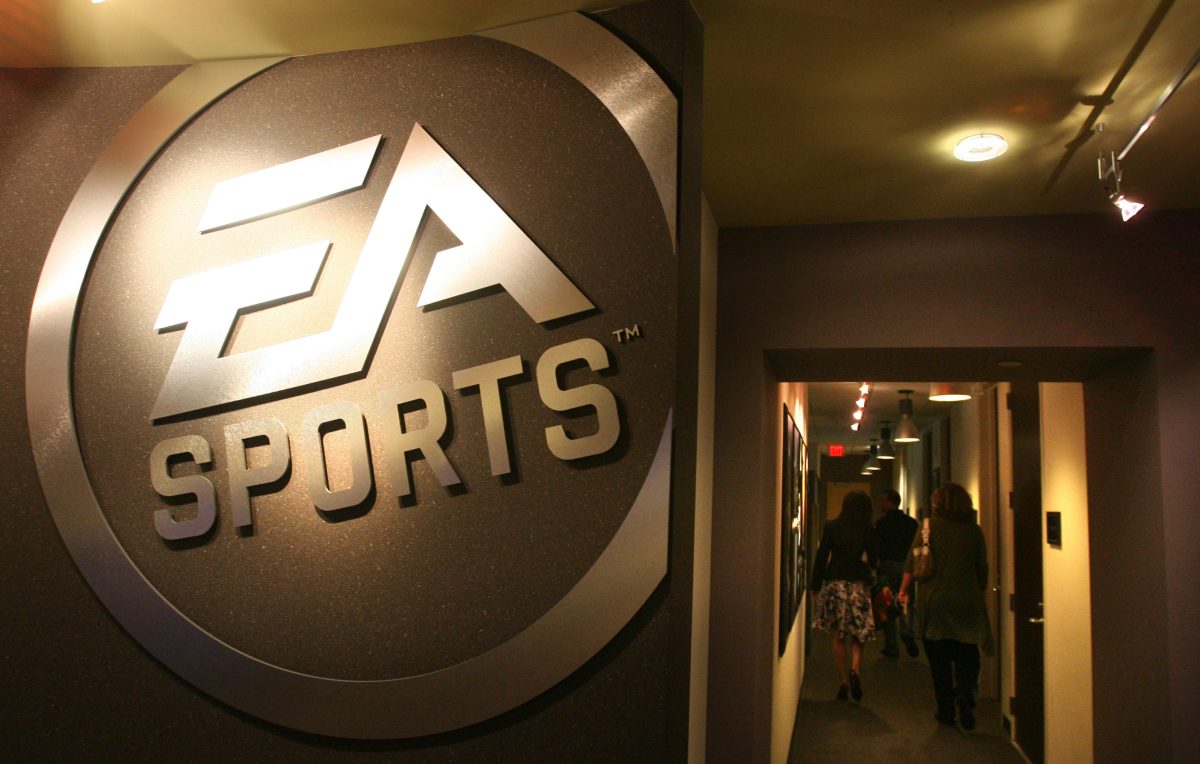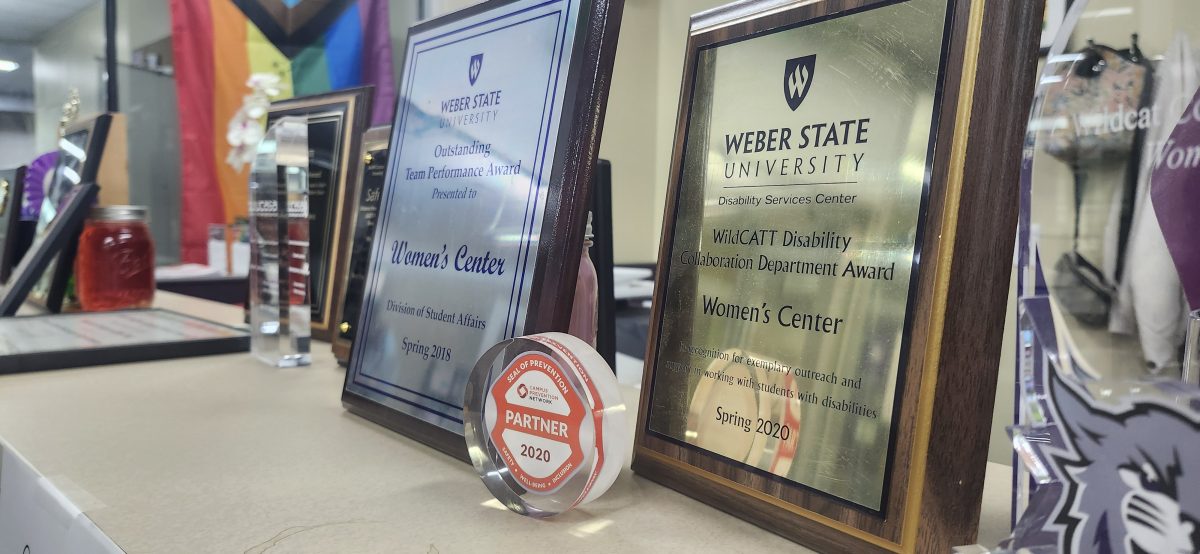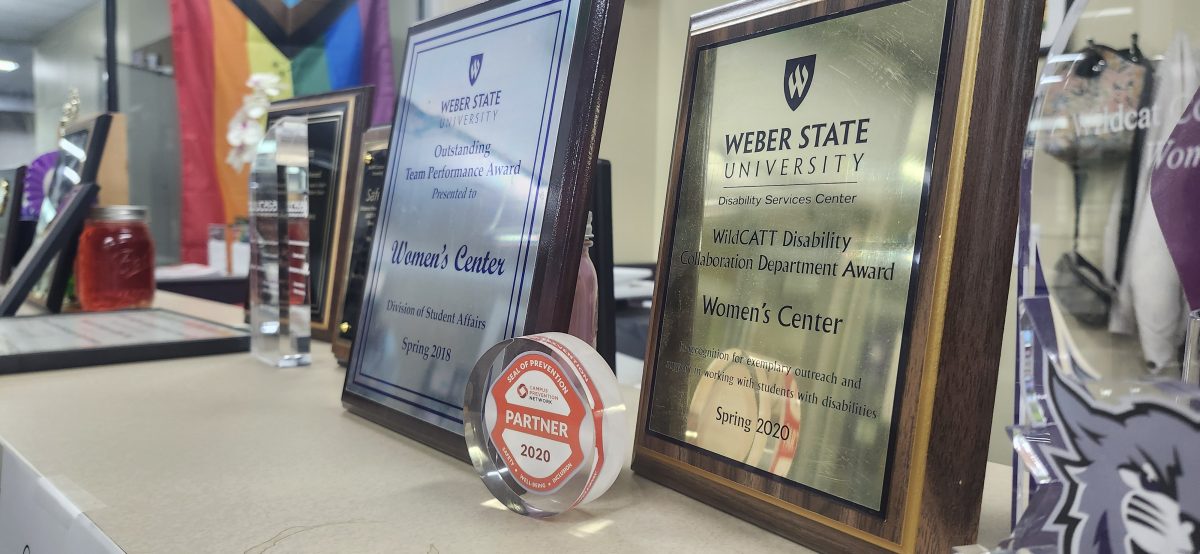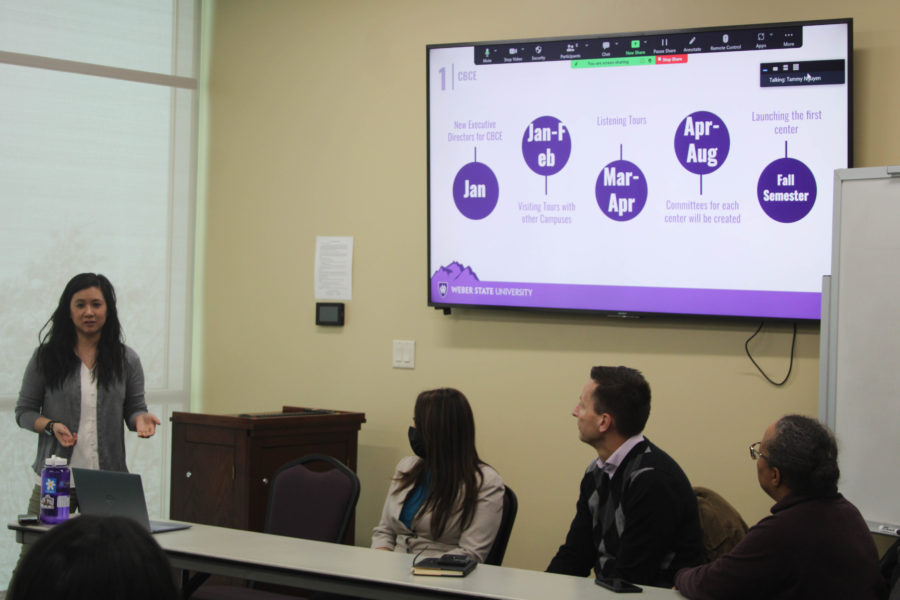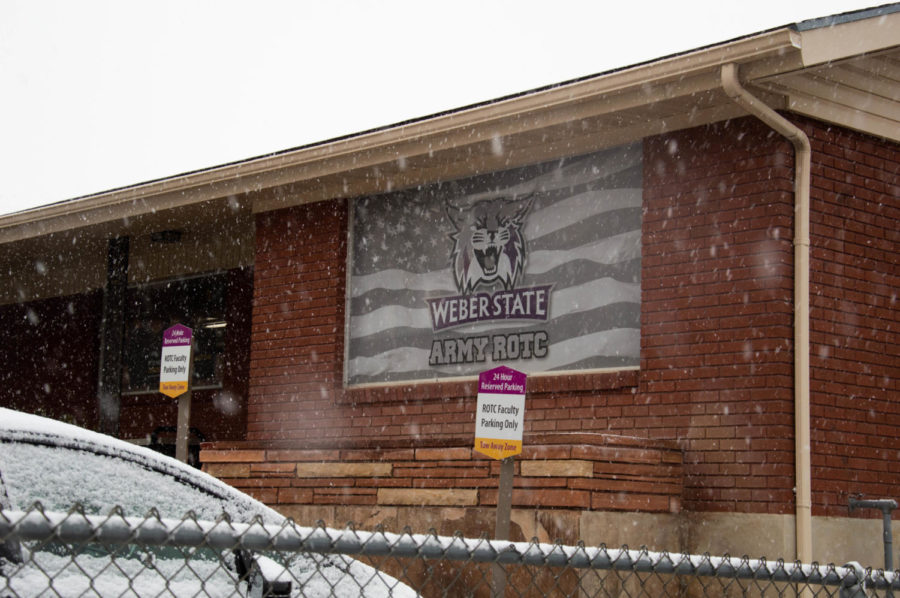Sean Peek, a Student Services testing center student proctor, said he can usually tell when someone is cheating.
“We’re trained to look at people’s eyes and hands,” Peek said. “You can’t be cheating without looking at where you’re not supposed to.”
In the Spring 2011 semester, 83 students were caught cheating in the various secured testing centers on Ogden’s campus, a decline from the Fall 2010 semester when 112 students were caught cheating.
“I think they need help or they feel they need help,” testing center coordinator Tracey Smith said. “I think it’s easier to try to get away with something especially if a student feels like maybe they can.”
These statistics don’t include The Hub, where students take math tests. On average, The Hub catches one student cheating every day.
While The Hub has the highest numbers of students cheating, the Social Science Building testing center actually has the least.
“That’s probably because they have the least amount of tests taken on campus, so there haven’t been very many incidents there,” Smith said.
The number of students cheating is widespread throughout the semester, but there are always incidences during finals week because of the mass numbers of tests students are taking, Smith said.
The testing center staff not only monitors students while taking tests, they also act as filters to prohibit items in the testing center unnecessary to take a test.
If a student does smuggle prohibited material into a testing center, the testing center’s employees take the student outside of the room. They explain why the student was removed and confiscate the material the student used to cheat.
The testing center director said a student looking at answers written on his or her hands is a common way to catch a student cheating.
“In a case where we saw writing on their hands, we bring them in back and photocopy their hand,” Smith said. “We have a very full file of photocopied hands.”
Next, an incident report is filed and given to the dean of students, the professor, the department head, and sometimes even the dean of that college. The testing center cannot decide the punishment for a student who is caught cheating. On a first offense, the professor or department decides the consequences.
“Some departments are really tough if you get caught cheating,” Smith said. “In business or health professions, it can be really serious even potentially getting kicked out of that department. In other areas, they just kind of slap you on the wrists.”
Smith said the best way to discourage cheating is to command the room.
“Maintaining a presence is the most important thing that prevents cheating,” he said. “If they know someone is watching them, they won’t cheat. When they think they have a free moment, that’s when it happens.”
When students are caught cheating, they are usually compliant and admit to cheating.
“It’s interesting because we get little hostility from students who are caught cheating,” Peek said. “They know they’re caught so they usually don’t put up much of a fuss. They put up a lot more fusses about their ID cards or about having a drink in the room.”
Some students do try to talk their way out of cheating situations, though.
“They’ll try to explain that it was for another class,” Wynn said. “We don’t ever listen to that because any smuggling or anything is a violation.”
Peek said he thinks the No. 1 reason students cheat is because of stress.
“There’s a lot of pressure put on students to pass and life happens,” Peek said. “I think a lot of people just feel it’s the only way to get through the semester. I also think that some students feel that if they can get away with it, then why not?”
Freshman Mitchell Clark said he can think of many good reasons not to cheat.
“If you’re cheating, you’re obviously not learning and understanding the material,” Clark said. “It’s also against the student code, and it ruins your integrity.”





